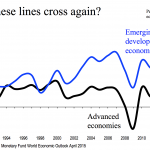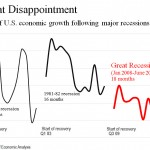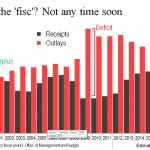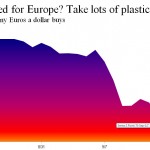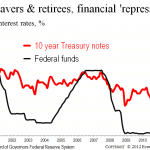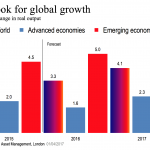
The global economy is likely to grow at between 3% and 4% in 2017 adjusted for inflation and differences in exchange rates. Emerging economies, led by Asia, are likely again to outgrow advanced economies (the U.S., Europe, Japan). That’s the word from one of the world’s most respected and widely followed [continue reading . . . ]
